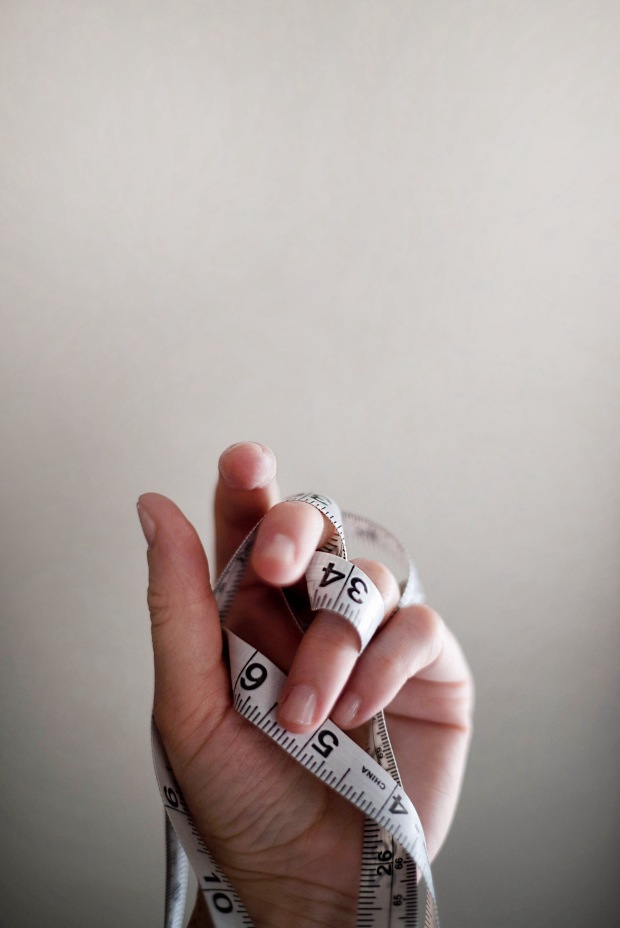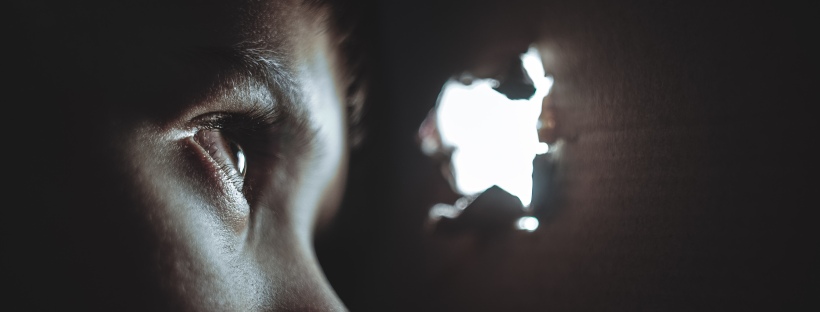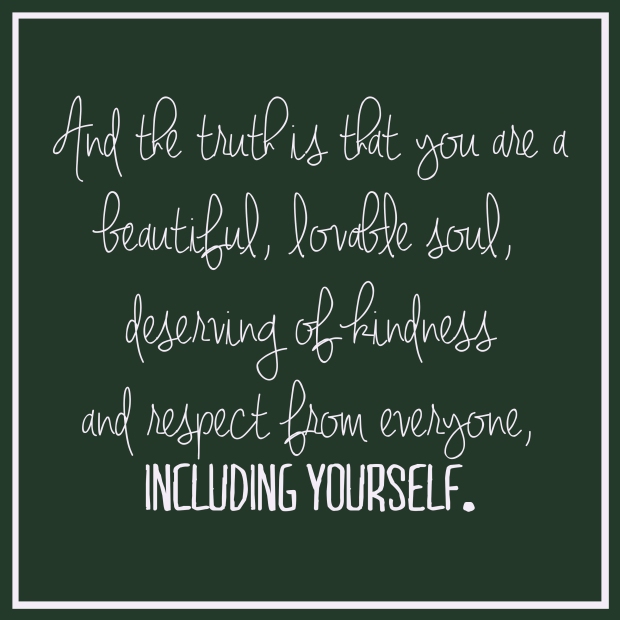Hello! It’s been a little while since my last post, and I apologize for that. Some major things have come up in my life and I just wasn’t able to keep up with this blog.
(Trigger warning: suicide, self harm, psych ward.)
Here’s what happened:
I attempted suicide on October 23rd, 2016. I haven’t really been hiding the fact that I was struggling up to that point, but perhaps I was hiding just how much I was struggling. Between moving, isolation, having no support system nearby, financial troubles (like… a LOT of financial troubles), cars breaking down, my boyfriend, Adam’s, major depression, and my own mental illnesses, I felt totally and completely hopeless. Like nothing would get better. Life just wasn’t worth living anymore.
So I went into the bathroom, sat on the floor, took a razor, and slid it into my wrist. Again. Again. Again. And then, my puppy, Kenshō, came and sat on my lap. He looked at me with all the unconditional love in his heart and all I could think was, “If I continue, he would watch me die. He wouldn’t understand why I didn’t wake up. He wouldn’t know where I went, why I left him.” And I couldn’t finish. I texted Adam, who was next door, and told him I needed to go to the hospital.
He came running into the bathroom moments later to find Kenshō and I sitting on the floor. “Babe,” he whispered when he saw the wound, tears welling up in his eyes. Things were frantic as he tried to figure out where the hospital was. He picked me up and I leaned on him as he led me to the door. Sitting me on the bench he pointed and said, “Stay here,” as he ran to find his mom and step dad to tell them what was going on. Again, he helped me up and when he stepped away, things started to get blurry and black. “She’s fainting,” I heard from far away. A wash cloth magically appeared over my wrist and suddenly we were in the car, with lights flying by. The only thing I remember from the car ride is the lights that seemed to dance as we passed them.
Arriving at the hospital, I was helped out of the car and into the ER waiting room. The nurse asked what happened and when I told her I cut myself she had a doctor look at my wound, then handed me a clipboard to fill out paperwork. Slowly I wrote out all my information before I was called back to a room. Another nurse came in and asked if I was trying to kill myself. “No,” I told her.
“You can be honest with me,” she said, “The more honest you are, the better we’ll be able to help you.”
“Babe,” Adam pleaded, “The placement, the angle…”
“Yes, I was trying to kill myself,” I finally admitted.
The nurse washed my cut, and then we waited for the doctor. Adam told me he had texted me parents, so I texted them too, letting them know I was okay and that I loved them. Reception was terrible and my phone had to be in just the right spot on the bed to send or receive anything. Finally the doctor arrived and sealed my wound shut with butterfly band aids and a purple liquid that burned.
Then we waited for a behavioral health specialist to arrive. We waited and waited. I fell asleep, woke up, waited some more. Finally she came in and we discussed my options. She recommended an inpatient facility, but when she called, there were no beds available. At any of the hospitals within an hour and a half of us. After some convincing, she agreed to let me go home so I could sleep that night, with the promise that I would check in to the psych ward the next morning.
I didn’t check into inpatient the next morning. Instead, I woke up next to the love of my life. We cuddled on the couch with our pup and listened to quiet, soothing music. More than once he choked back tears saying, “I need you. Kenshō needs you. We’re a family. You can’t leave us.” It made me tear up thinking about how lost they would be without me. I hugged him close and assured him that I was here, and I wasn’t going anywhere.
Later that morning I saw Adam across the room, scribbling in his notebook. I walked over, sat on his lap, and he held the notebook out to me. I read it and wanted to cry all over again. It was a gift of words, the last of which were, “She’s sitting over on the couch, the morning sun dancing in her hair, her coffee on the armrest. The hospital bands still encircle her right wrist, while the bandages and blood her left. A small smile creeps across her face and up to her eyes as I look at her. She has never been so beautiful.” I held him close and told him the only thing on my mind: “I love you.”
A few days later my dad came down to visit and help watch over and support me. The self harm urges grew worse throughout the days and I struggled not to hurt myself again. Having dad here was a blessing. I got to show him around the ranch and get lots of hugs from him and Adam, but eventually he had to go back to work and we decided he’d drop me off at the psych ward on his way home.
At the psych ward, I was held prisoner for six days (and it would have been longer had I not been begging to leave.) I won’t go into details of those six days, or perhaps I’ll save them for another post. But I left feeling at least slightly more hopeful than when I walked in.
Today marks 12 days self harm free. I’m still struggling. I’m still in the same situation and environment as when I went into inpatient. But I’m feeling more hopeful. There are options in my recovery that I haven’t tried yet. There are things I can do to move forward. And maybe, one day at a time, I can find more hope and healing. In the meantime, I will continue to spread love and light as much as I can wherever I go.













